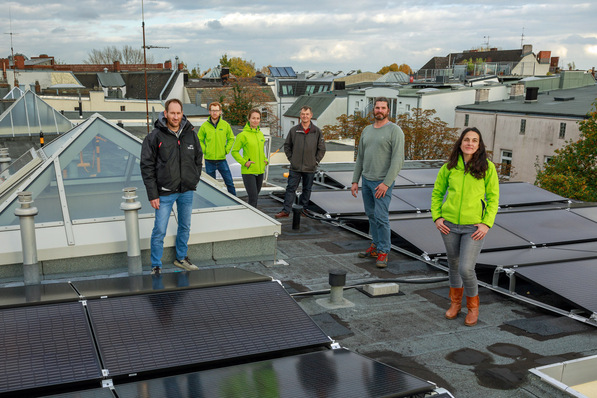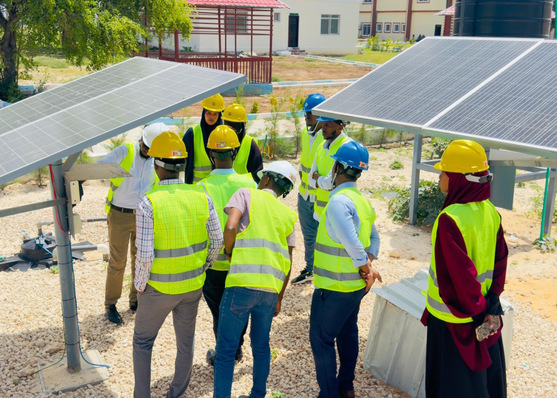Although 2023 is expected to be the warmest year on record and the number and severity of natural disasters continues to increase worldwide, online discussions about the climate crisis have surprisingly decreased since 2022 (-12%). This is according to a Brandwatch study commissioned by BayWa r.e., which analyzed over 41 million social media data points from more than 7 million individual users.
The study also shows that online discussions about the COP28 Climate Change Conference in Dubai have decreased by more than 70 percent (73%) per year in the run-up to the conference compared to COP26. At the same time, people are increasingly talking about artificial intelligence (AI) and its impact on our lives. Online conversations about AI have increased by 342% since last year. This means that this topic has been discussed more frequently (+14%) than the climate crisis.
Less public awareness
Since COP26 two years ago, significant progress has been made in the fight against climate change. After the postponement caused by the coronavirus pandemic, there was a sense of determination and urgency. Among other things, this led to more ambitious national climate commitments, a huge expansion of renewable energies, extensive net-zero commitments by countries and companies, investments in climate financing and much more. However, although progress was made, there was a lack of urgently needed concrete steps, which are now at the top of the agenda at COP28.
When it comes to public awareness, the two climate conferences mentioned above are worlds apart: COP26 received 1.6 million mentions online in the month before the conference, while COP28 only received around 425,000 mentions in the same period. This is also a significant drop compared to COP27 in 2022, which received around 680,000 mentions in the same period.
AI is currently being discussed as the greatest threat to humanity
One topic dominating public discussion in 2023 is AI. With the emergence of ChatGPT and other generative AI models, the world is witnessing how these technologies are changing the way we live and work. It's not just about how AI is being used to make our everyday lives more efficient, but also about how it can make human influence redundant. This has inevitably led to many discussions about the disruptive potential of the technology. In fact, this research shows that there is currently more focus on the potential impact of AI on human life than on the impact of climate change.
The number of mentions of AI in relation to 'the end of the world' is eight percent higher than those relating to climate change, while the latter have fallen by around a quarter (23.5%) since 2022. This is despite the fact that countries around the world are experiencing a significant increase in natural disasters, scientists agree that this is just the beginning, and the latest IPCC report on climate change underlines that humanity has reached a critical moment in history in this regard.
Lack of belief in urgent action needed
Matthias Taft, CEO of BayWa r.e., says: "At a time when we need to take action on climate change more urgently than ever, discussions about it are diminishing - and focusing more on potential existential threats than on increasing climate disasters that we now regularly experience around the world."
Did you miss that? "Outrage merchants" fuel climate disinformation
"Equally worrying is that this decline in discussion is taking place in the run-up to the world's largest climate conference - a conference that is supposed to solve these very problems. This shows a lack of belief or even interest that COP28 can adopt the urgent action needed."
Also interesting: Accelerating the journey to net zero
"COP28 must adopt a global action plan for a rapid transformation that includes the following: Immediately phasing out fossil fuels, accelerating the energy transition, scaling up public and private investment and closer cooperation across countries, which is more important than ever in these turbulent times. Faith that the global climate conference can bring about rapid and profound change in response to an imminent threat must be restored." (hcn)









